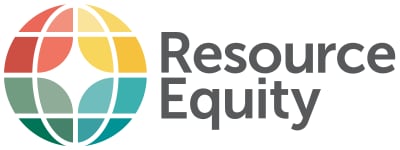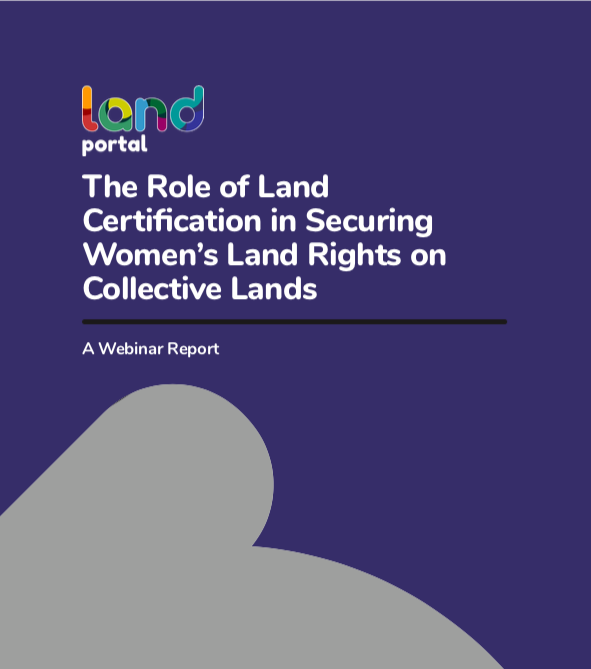Location
Resource Equity is a women-run and women-centered nonprofit organization that focuses exclusively on legal issues specific to gender equity in land and natural resources around the world.
Women-Focused, Community-Minded
When women have equitable rights to land and natural resources, they transform their entire communities for the better. With over forty years of collective experience, we engage in comprehensive field research, legal and evidence reviews, constituent interviews, and qualitative analysis that ensures the experiences, perspectives, and needs of women are always centered.
Expert Advocacy and Guidance
Through our collaborative relationships with international NGOs, national governments, and in-country specialists, we identify, develop, and recommend social and policy changes that result in the real-world, meaningful advancement of women’s rights. We also run LandWise, a repository of laws which govern rights to land and property for women.
Women’s Land Rights Institute
Through our innovative, cross-cultural online courses, we train practitioners around the globe in effective techniques, approaches, and best practices in women’s land and natural resource rights. As many of our students are often one of the few practitioners in their country, the Institute is building a deep network of in-country experts who collaborate with each other across continents.
Global Reach
We have worked on women’s land and resource issues worldwide, including in Africa (Burkina Faso, Cabo Verde, Ethiopia, Ghana, Kenya, Liberia, Madagascar, Morocco, Rwanda, Tanzania, Uganda); Asia (China, India, Vietnam); South America (Peru); and Eastern Europe and Central Asia (Azerbaijan, Bulgaria, Kosovo, Kyrgyzstan, Russia, Tajikistan, Turkmenistan, Uzbekistan). We have worked for the World Bank, MCC, USAID, GIZ, DFID, the FAO, Ford Foundation, Care International, and many others.
Foundational Work
Our team has produced essential reporting and analysis focused on the field of women's land and resource rights. Here are a few key pieces that guide our way:
- What Works for Women's Land and Property Rights? What we know and what we need to know.
- Women's Land Tenure Security: Conceptual Framework
- Starting with Women Toolkit
Interested in learning more? Check out our other Practice Guides and Evidence Briefs.
Learn more about how you can work with us by visiting our website: resourceequity.org
Resources
Displaying 16 - 20 of 2378Evidence Brief: Do Inheritance Reforms Work for Women?
Evidence Brief: Do Inheritance Reforms Work for Women?
How Effective is the Promotion of Women’s Customary Land Rights in Improving Women’s Land Tenure Security in Sierra Leone?
This case study reviews available literature on the land tenure situation of women in Sierra Leone and analyses the impact of an FAO project in two rural villages in ensuring that women are better able to claim their customary rights to land.
Webinar Report: The Role of Land Certification in Securing Women's Land Rights on Collective Lands
Evidence shows that women can benefit from having individualised land rights formalized in their names. However, similar evidence is not available for formalization of land rights that are based on collective tenure. Studies have estimated that as much as 65 percent of the world’s land is held under customary, collective-tenure systems. Improving tenure security for land held collectively has been shown to improve resource management and to support self-determination of indigenous groups.




